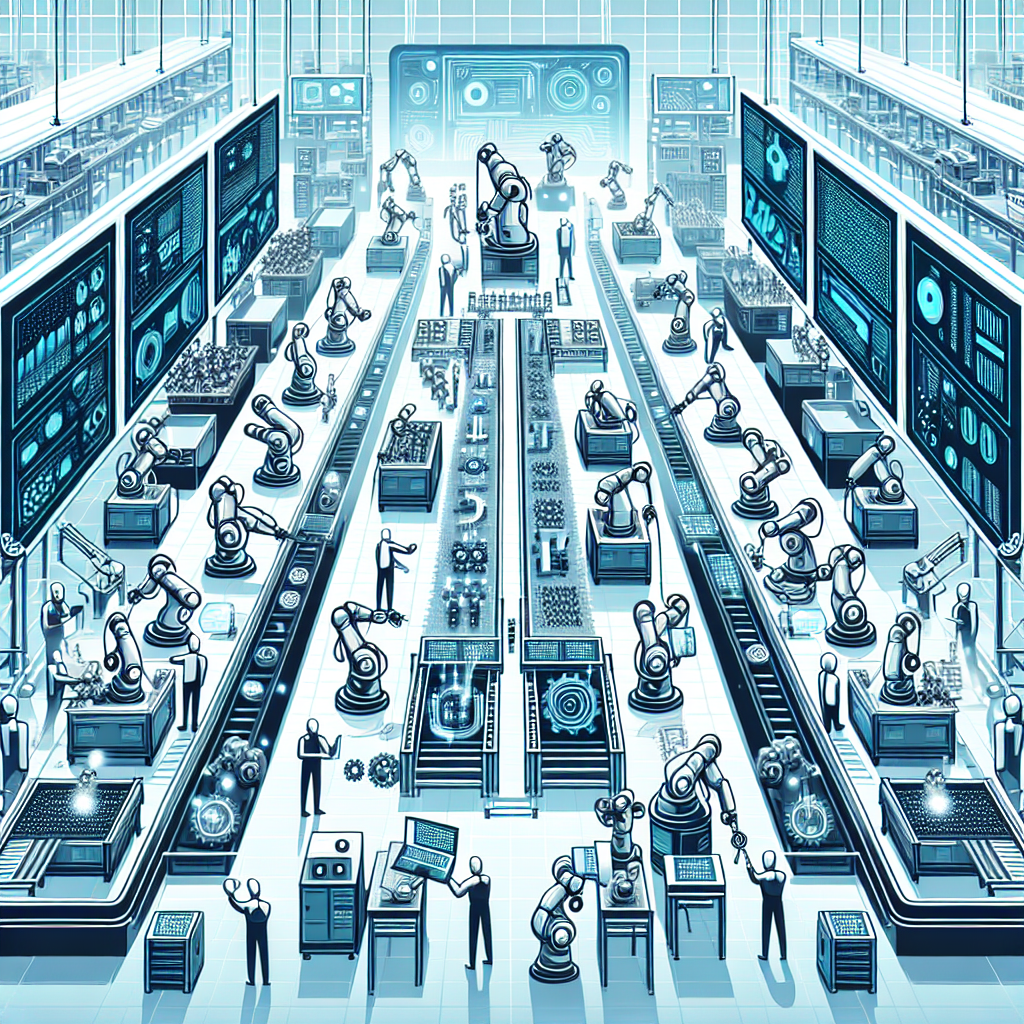Artificial General Intelligence (AGI) is a term that refers to machines that possess the ability to understand, learn, and apply knowledge across a wide range of tasks, much like the human brain. While current AI technologies such as machine learning and deep learning are capable of performing specific tasks with remarkable accuracy, AGI aims to create machines that can surpass human intelligence in almost every cognitive task.
The development of AGI has the potential to revolutionize various industries and change the way we work and live. One of the most significant impacts of AGI is on the job market, as it is expected to automate a wide range of tasks and potentially replace many human jobs. In this article, we will explore how AGI is changing the job market and what the future of work might look like in a world where machines possess human-level intelligence.
AGI and the Job Market
The rise of AGI has the potential to disrupt the job market in several ways. While AI technologies have already automated many routine and repetitive tasks, AGI is expected to automate more complex tasks that require human-like intelligence, such as problem-solving, decision-making, and creativity. This could lead to the displacement of a large number of jobs across various industries, from manufacturing and transportation to finance and healthcare.
According to a report by McKinsey Global Institute, up to 800 million jobs could be automated by 2030, representing around one-fifth of the global workforce. While some jobs will be completely replaced by machines, others will be transformed as humans and machines collaborate to perform tasks more efficiently. This shift in the job market will require workers to adapt and acquire new skills to remain competitive in the age of AGI.
The Future of Work in the Age of AGI
As AGI continues to advance, the future of work is likely to be characterized by a combination of automation, augmentation, and collaboration between humans and machines. While some jobs will be automated entirely, others will be augmented by AI technologies to enhance productivity and efficiency. For example, AI algorithms can help doctors diagnose diseases more accurately, or assist lawyers in conducting legal research more efficiently.
Additionally, the rise of AGI is expected to create new job opportunities in fields such as AI research, data science, and robotics. As machines become more intelligent, the demand for skilled workers who can develop, maintain, and operate AI systems will increase. This will require workers to acquire new skills in areas such as programming, data analysis, and machine learning to remain relevant in the rapidly evolving job market.
FAQs
Q: Will AGI replace all human jobs?
A: While AGI has the potential to automate a wide range of tasks, it is unlikely to replace all human jobs entirely. Many jobs require human skills such as empathy, creativity, and critical thinking, which machines are currently unable to replicate.
Q: What skills will be in demand in the age of AGI?
A: In the age of AGI, skills such as programming, data analysis, and machine learning will be in high demand. Workers will need to acquire these skills to remain competitive in a job market that is increasingly driven by AI technologies.
Q: How can workers prepare for the future of work?
A: Workers can prepare for the future of work by acquiring new skills, staying updated on the latest technological trends, and being open to lifelong learning. Adaptability and flexibility will be key traits for success in a job market that is constantly evolving due to advances in AI.
In conclusion, AGI has the potential to transform the job market and create new opportunities for workers in a wide range of industries. While the rise of AGI may lead to the automation of many jobs, it also presents opportunities for workers to acquire new skills and adapt to the changing demands of the future of work. By embracing AI technologies and preparing for the age of AGI, workers can thrive in a job market that is increasingly driven by intelligent machines.

